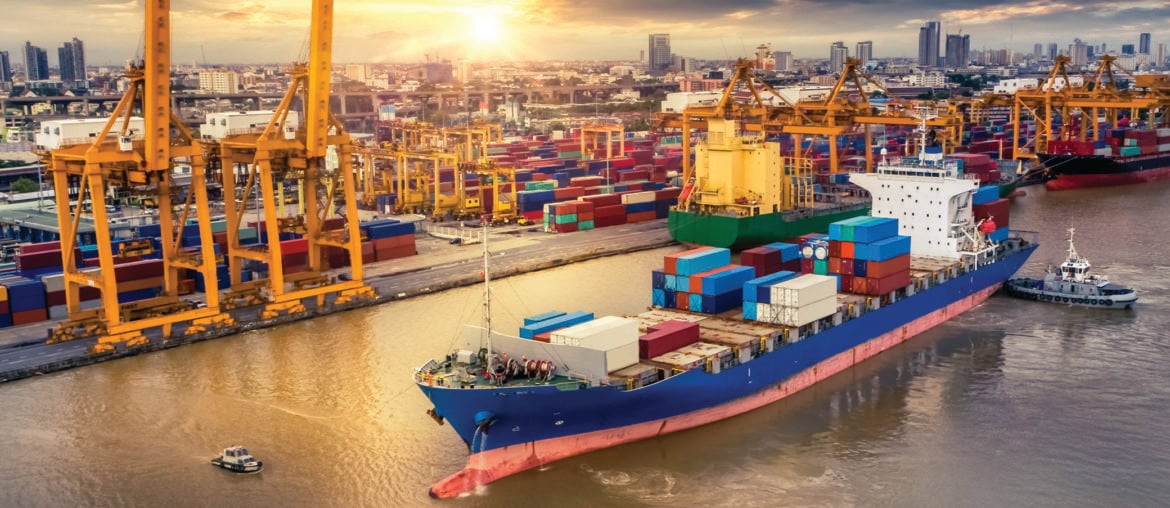Responding to and mitigating the impact of the COVID-19 pandemic has catapulted its way to the top of every business operation consideration in each industry and the global market in general. One of the more vulnerable operations for the pharma and biotech industry that we anticipate will continue to require adept and innovative efforts to mitigate impact is the medical product supply chain. Disruptions to medical product supply will not only affect public health, but…
On March 9, New York Governor Andrew Cuomo announced that in response to the hand sanitizer shortages caused by the spread of the novel coronavirus, New York State will purchase hand sanitizer from a company that employs prison labor. According to Cuomo, the goal is to make 100,000 gallons of hand sanitizer a week. This hand sanitizer will reportedly be provided to state schools and prisons. The announcement has been met with criticism from politicians…
The novel coronavirus outbreak continues to have a substantial impact across the globe. As of the writing of this post, more than 87,000 cases of the coronavirus disease (COVID-19) have been identified in 60 countries and territories around the world, claiming the lives of 2,977 people. Travel restrictions are becoming increasingly tighter at airports, with countries either imposing mandatory health screenings on travellers arriving from certain countries, or denying entry to passengers who have recently…
Baker McKenzie partners Peter Tomczak and William “Widge” Devaney both have extensive experience in corporate anti-corruption matters, and often interface with boards on compliance related topics. As such, they’ve seen how ESG concerns have trickled up to the board, and how overlaps with anti-corruption mean ethics and compliance professionals in particular are well-suited to support new ESG requirements. They discussed these developments in an interview with Ethisphere editor Tyler Lawrence. As Peter Tomczak noted, the clear…
More evidence that U.S. courts are continuing to shift towards greater accountability for corporations (and associated individuals) for social harm in their supply chains. Although it is too early to declare the ATS raised from the dead, a slew of other statutes on the books and in the legislative pipeline impose growing obligations on companies to both report and prevent forced labor, trafficking and other human rights abuses in supply chains. Bottom line: companies with…



